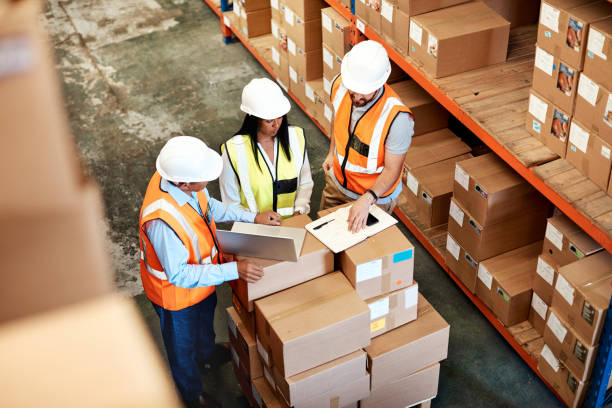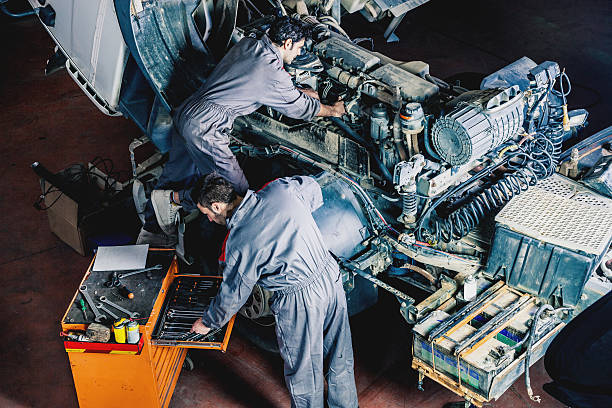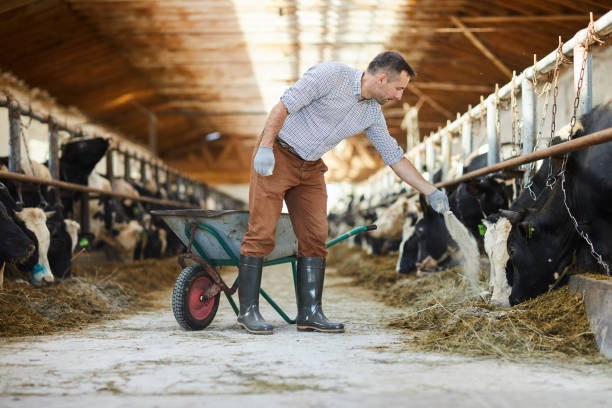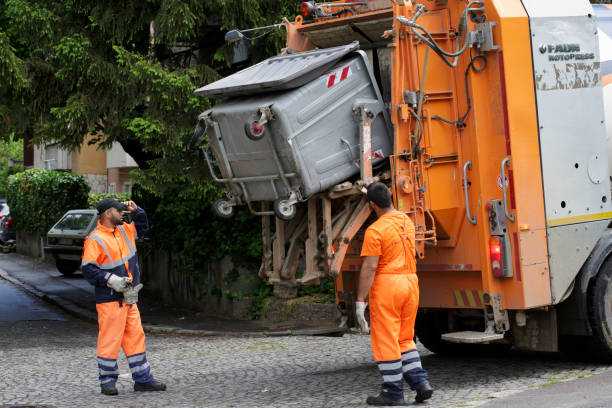Frequently Asked Questions
What does a cleaner do?
A cleaner undertakes a variety of tasks to uphold cleanliness and orderliness in diverse environments. Their responsibilities encompass activities such as dusting, sweeping, vacuuming, mopping floors, sanitizing surfaces, emptying trash, and occasionally executing specialized cleaning tasks.
🌍How ready are you?
What skills are essential to become a cleaner?
Key skills for a cleaner include a keen attention to detail, effective time management, physical stamina, proficiency in cleaning products and techniques, and the ability to work both independently and collaboratively within a team.
Is formal education required to become a cleaner?
While no formal education is mandatory, a high school diploma or its equivalent is typically sufficient. However, acquiring specialized training in cleaning techniques or obtaining certifications in specific cleaning practices can prove beneficial.
What are the various types of cleaning jobs available?
Cleaning roles span a wide spectrum, encompassing residential cleaning (homes and apartments), commercial cleaning (offices, businesses), industrial cleaning (factories, warehouses), specialized cleaning (medical facilities, laboratories), and custodial services (schools, institutions).
Are there opportunities for career advancement for cleaners?
Certainly, cleaners have avenues for career progression. Seasoned cleaners may advance into supervisory roles, assume leadership positions within a team, or even establish their independent cleaning businesses. Additional certifications or specialized training can further expand career opportunities.
What challenges are commonly faced by cleaners?
Challenges for cleaners may include efficiently managing time for task completion, working with potentially hazardous cleaning chemicals, handling physically demanding responsibilities, and ensuring cleanliness while adhering to health and safety protocols.
How do cleaners contribute to a healthy environment?
Cleaners play a pivotal role in preserving hygienic surroundings, mitigating the spread of infections, and creating safe and comfortable spaces for occupants. Their contribution significantly enhances the overall well-being of individuals in these environments.
What are the benefits of hiring professional cleaners?
Engaging professional cleaners provides expertise in utilizing proper cleaning methods and equipment, saves time for occupants or businesses, ensures a high standard of cleanliness, and offers specialized cleaning tailored to specific needs or environments.
How can one embark on a career as a cleaner?
Initiate a career in cleaning by gaining practical experience in cleaning tasks, familiarizing yourself with various cleaning products and techniques, considering the acquisition of relevant certifications or training, and highlighting your skills and reliability through job applications or networking.
Conclusion
In conclusion, a cleaner’s role is vital for maintaining cleanliness and hygiene in various settings, contributing to the well-being of occupants and creating a healthy environment. While formal education is not mandatory, possessing essential skills, staying updated on cleaning practices, and considering specialized training can enhance a cleaner’s effectiveness. Career advancement opportunities exist, ranging from supervisory roles to entrepreneurship.
Challenges, such as time management and adherence to safety protocols, are inherent, but the impact of professional cleaners on overall health and comfort makes their role indispensable. Starting a career involves gaining experience, acquiring relevant skills, and possibly obtaining certifications in specific cleaning practices






